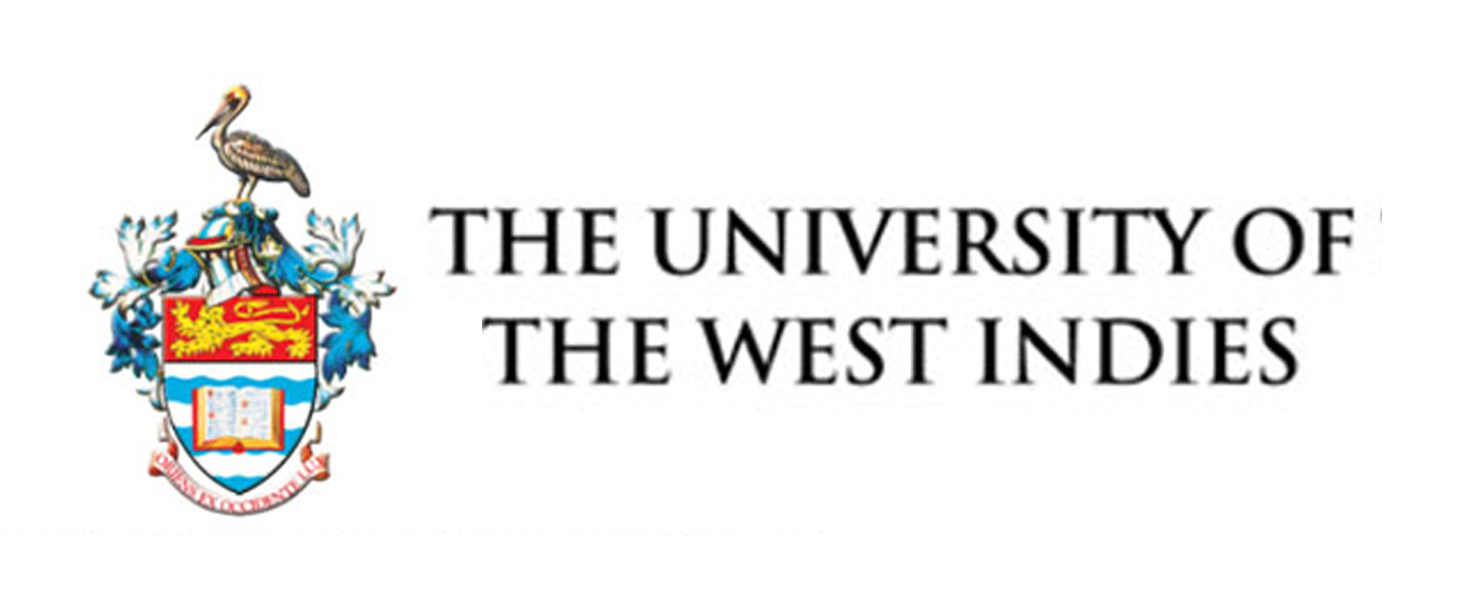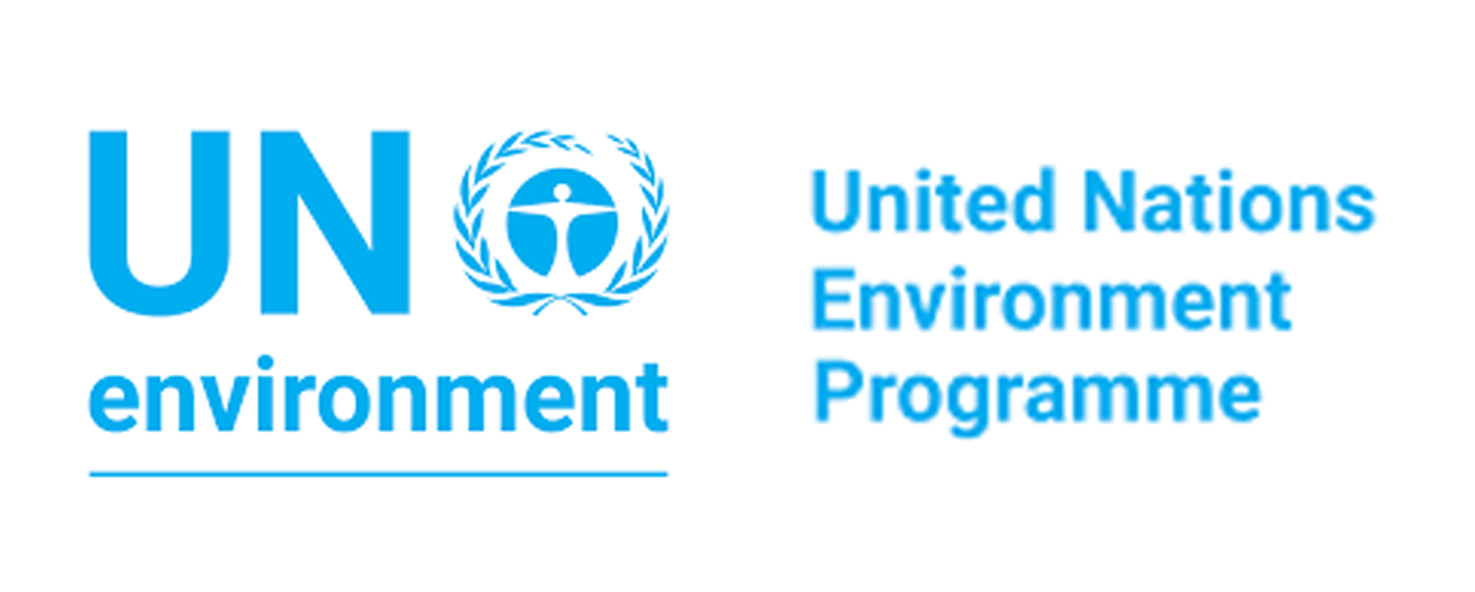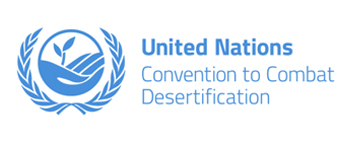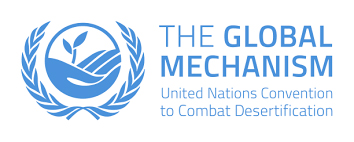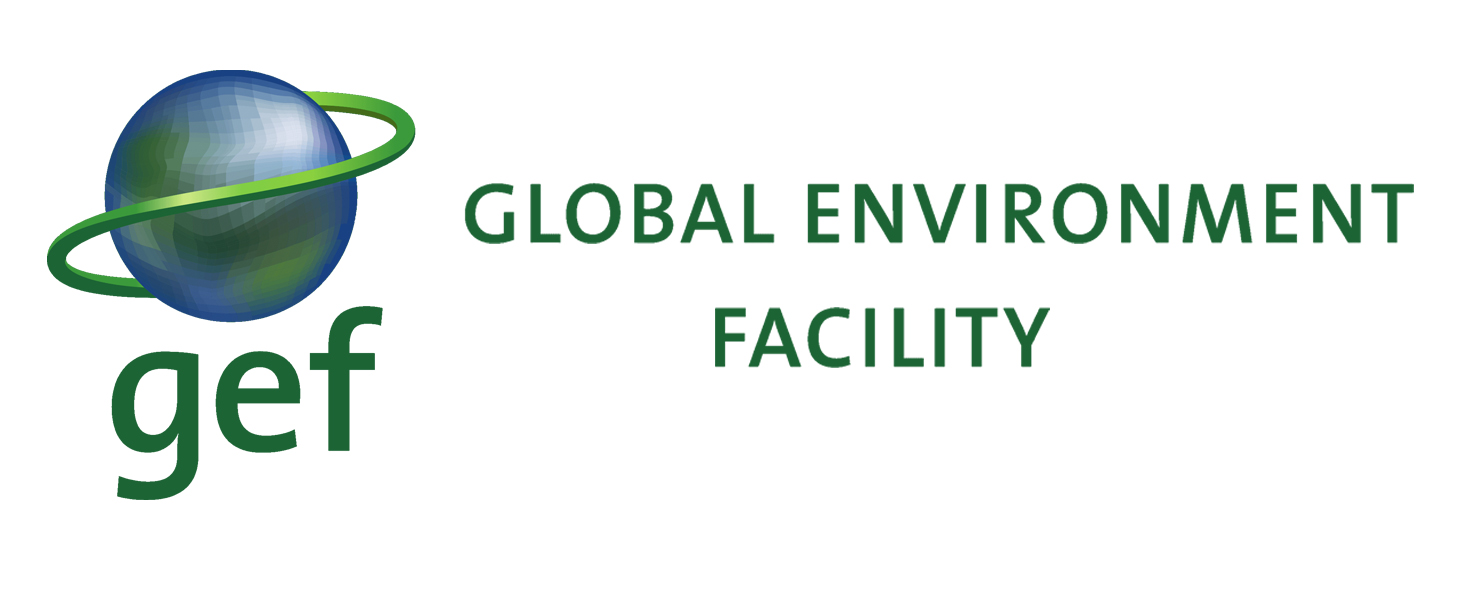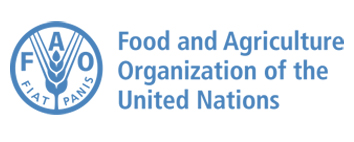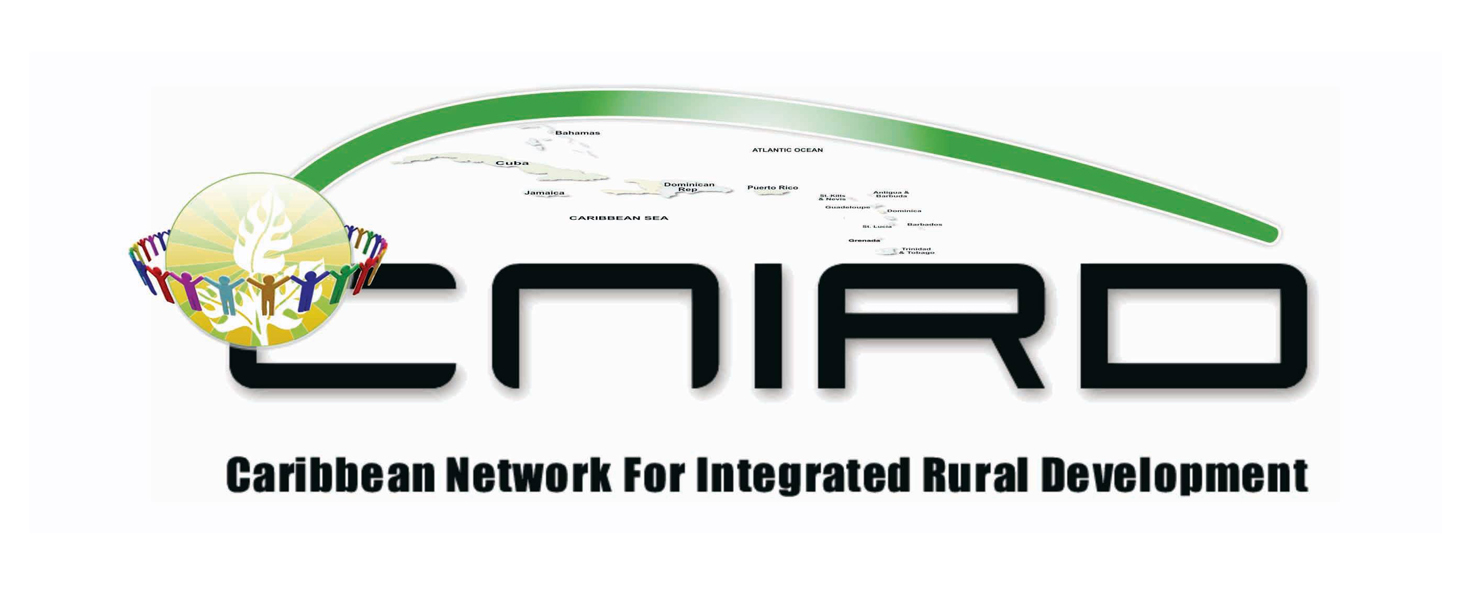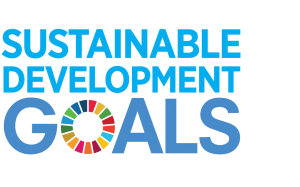About UsAbout Us
The Partnership Initiative for Sustainable Land Management (PISLM) is an independent inter-governmental organization dedicated to supporting Caribbean Small Island Developing States (SIDS) in their participation in the United Nations Convention to Combat Desertification (UNCCD). Since its inception, PISLM has been crucial in executing various Global Environment Facility (GEF) projects aimed at sustainable land management.
Integrated land use management is vital for SIDS due to their limited land space and competing economic activities. Environmental management in these regions is heavily influenced by land resource planning and utilization, which are closely linked to coastal and marine management and protection. The UNCCD provides a global framework for addressing land degradation and promoting sustainable land management, significantly contributing to the Sustainable Development Goals (SDG 15.3), poverty eradication, and food security.
PISLM was established to enable Caribbean SIDS to address these challenges effectively. The initiative was adopted at the XIV Forum of Ministers of the Environment for Latin America and the Caribbean in 2003. The subsequent Caribbean Sub-regional Workshop on Land Degradation in 2004 marked the formal initiation of PISLM. It led to the adoption of a Partnership Declaration of Caribbean Small Island Developing and Low-lying Coastal States.
Initially supported by a coalition of UN Agencies, regional organizations, civil society, and Caribbean SIDS, PISLM was hosted by the Caribbean Network for Integrated Rural Development (CNIRD). Over time, it has evolved into a self-sufficient organization. In 2014, PISLM became an officially registered autonomous inter-governmental convening mechanism for Caribbean SIDS’ participation in the UNCCD.
Recognized regionally and internationally as a leading organization in sustainable land management, PISLM leverages resources from the international financial community to undertake significant developmental actions in Caribbean SIDS. Its growth and credibility stem from regional efforts rather than external sources.
In April 2024, Caribbean ministers responsible for the UNCCD established PISLM as an independent inter-governmental organization, coordinated by the PISLM Secretariat with its headquarters in Grenada.
Mission of PISLM
Vision Statement
Core Values
2. Diplomacy
3. Collaboration
4. Innovation
5. Accountability
- SUPPORT OFFICE
- PISLM ASSEMBLY
- PISLM TASK FORCE
- PISLM EXPORT GROUP
- CIVIL SOCIETY ORGANIZATIONS
Support Office
To facilitate interaction and dialogue among the national, regional and international partners and encourage the active participation of all major groups in the pursuit of the conservation and sustainable utilization of land resources in the Caribbean. As such, PISLM Support Office is a service provider and facilitates the implementation of the PISLM but does not implement actions itself. The Support Office is responsible for coordinating activities regarding the PISLM throughout the Caribbean region and the execution of the PISLM is intended to be completed by farmers, engineers, agencies etc.
The PISLM Support Office is responsible for implementation of activities from the Business Plan and reporting to the Task Force. Through the Support Office, all documents related to activities, meetings, evaluations, etc., can be viewed by the Task Force.
THE FUNCTIONS OF THE PISLM SUPPORT OFFICE ARE TO:
- Facilitate the implementation of the decisions of the PISLM Task Force including such administrative and technical arrangements as may be required;
- Make all administrative and logistical arrangements for convening sessions of the PISLM Task Force, including compilation and transmission of reports to all partners of the PISLM;
- Prepare and submit biennial reports on its activities to the PISLM Task Force;
- Facilitate the coordination of the PISLM with the relevant national, regional and international partners;
- Formulate comprehensive work programmes in keeping with the decisions of the Task Force;
- Prepare and submit a biannual work plan and budget for review and approval of the PISLM Task Force;
- Provide oversight for the implementation of prioritized projects;
- Identify resource needs to support its operations and other activities as directed by the Task Force for the implementation of the PISLM.
PISLM Assembly
The PISLM Assembly comprises of Focal Points from each participating Party of the UNCCD and the BPOA Focal Point with responsibility for the implementation of the land resources component of the BPOA.
THE ROLE OF THE UNCCD FOCAL POINT WHO ARE MEMBERS OF THE PISLM ASSEMBLY ARE AS FOLLOWS:
- The provision of information on activities at the National level on ongoing activities, including the implementation of the NAPs. Based on the information provided by the NFPs the PISLM Support Office will work together with the NFPs to provide technical backstopping and assist in mobilizing resources;
- Work in collaboration with the PISLM Support Office towards the production of a sub-regional action programme, within the context of the UNCCD;
- Provide guidance
- Select members of the PISLM Task Force
Task Force
The main function of the PISLM Task Force is to provide operational policy guidance to the PISLM taking into consideration the policy directives which are provided by the various Ministerial Bodies.
The tenure of the PISLM Task Force rotates every 24 months. The Chairmanship of the Task Force rotates between the Non-CARICOM SIDS and the CARICOM SIDS and the meetings of the Task Force should be convened at least twice during the 24-month cycle of its tenure.
COMPOSITION
The composition of the PISLM Task Force shall comprise of five (5) UNCCD Focal Points, one Civil society organization and any three of the following Associate members : UNCCD, CARICOM Secretariat, UWI, UNEP, CYEN, FAO, CNIRD
Expert Group
The Expert Group/Committee on Science and Technology will be constituted to address scientific and technical issues relating to desertification, land degradation and drought taking into consideration the inter-linkages between the various MEAs in Caribbean SIDS. The actions of this expert group will be consistent with the relevant science and technology provisions of the UNCCD 10 Year Strategy and Implementation Framework.
THE MANDATE OF THE EXPERT GROUP INCLUDES:
- The Expert Group is established as an advisory body to the PISLM. It will provide objective, strategic, scientific and technical advice on sustainable land management issues, land degradation, drought in Caribbean SIDS as well as the implications of the UNCCD and other MEAs. In the pursuit of this objective, it will develop a network of Caribbean SIDS scientists and technical experts consistent with the ILACT.
- The Expert Group will coordinate its activities with the Business Plan and Work Programmes of the PISLM. In addition to providing objective, strategic, scientific and technical advice to the PISLM, the Expert Group will function as the Caribbean SIDS Sub Regional Committee on Science and Technology of the ILACT.
- The Expert Group will also in its work seek complementarities with the Work Programmes of other S&T Committees of other Conventions, in pursuit of the objectives outlined in the PISLM Business Plan.
- The Expert Group will report to the Task Force and the Task Force will define the working modalities of the Expert Group vis-a-vis the ILACT.
- The Support Office will act as the Secretariat to the Expert Group.
Civil Society Organizations
The Civil Society Network along with the UNCCD Focal Points and BPOA Focal Points form the core of the Stakeholder Consultative process. Accordingly, the functions of the Network of Civil Society Organizations include:
- Support the work of the UNCCD Focal Points and the BPOA Focal Points at the national level;
- Assist with the mobilization of local communities in support of the activities of the PISLM;
- Participate in the national reporting exercises to the UNCCD;
- Assist with project identification, preparation and implementation.
NETWORK OF REGIONAL AND INTERNATIONAL AGENCIES
The key role of these agencies is to provide technical assistance, including the provision of financial resources to support the implementation of the objectives of the PISLM.

